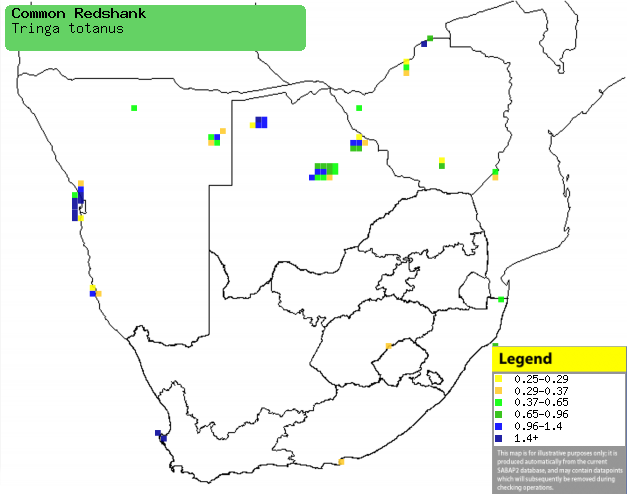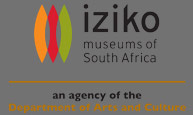|
Tringa totanus (Common redshank)
Rooipootruiter [Afrikaans]; IJslandse tureluur [Dutch];
Chevalier gambette [French]; Rotschenkel [German]; Perna-vermelha-comum
[Portuguese]
Life
> Eukaryotes >
Opisthokonta
> Metazoa (animals) >
Bilateria >
Deuterostomia > Chordata >
Craniata > Vertebrata (vertebrates) > Gnathostomata (jawed
vertebrates) > Teleostomi (teleost fish) > Osteichthyes (bony fish) > Class:
Sarcopterygii (lobe-finned
fish) > Stegocephalia (terrestrial
vertebrates) > Tetrapoda
(four-legged vertebrates) > Reptiliomorpha > Amniota >
Reptilia (reptiles) >
Romeriida > Diapsida > Archosauromorpha > Archosauria >
Dinosauria
(dinosaurs) > Saurischia > Theropoda (bipedal predatory dinosaurs) >
Coelurosauria > Maniraptora > Aves
(birds) >
Order: Charadriiformes > Family: Scolopacidae
Distribution and habitat
Breeds from western Europe to China, heading south in the
non-breeding season to the Mediterranean, Australia, southern Asia to patches of
West and East Africa. It is an uncommon visitor to southern Africa, mainly
occurring in northern Botswana, Namibia and Zimbabwe as well as along the
southern coast and the central region of South Africa. It generally prefers
muddy estuaries, sheltered bays, marine inlets, salt works and the muddy,
sloping margins of large freshwater bodies.
|
 |
|
Distribution of Common redshank in southern Africa,
based on statistical smoothing of the records from first SA Bird Atlas
Project (©
Animal Demography unit, University of
Cape Town; smoothing by Birgit Ergni and Francesca Little). Colours range
from dark blue (most common) through to yellow (least common).
See here for the latest distribution
from the SABAP2. |
Movements and migrations
It has been recorded year-round in southern
Africa, however it is though its numbers peaking from
August-January.
Food
It mainly eats crustaceans, mollusc and polychaete worms,
doing most of its foraging by pecking or probing in shallow water.
Threats
Not threatened.
References
-
Hockey PAR, Dean WRJ and Ryan PG 2005. Roberts
- Birds of southern Africa, VIIth ed. The Trustees of the John Voelcker
Bird Book Fund, Cape Town.
|
